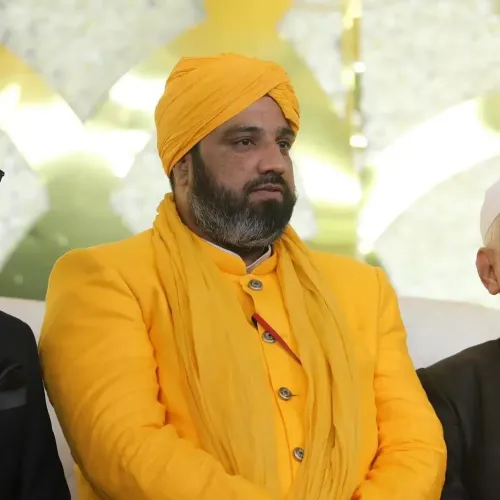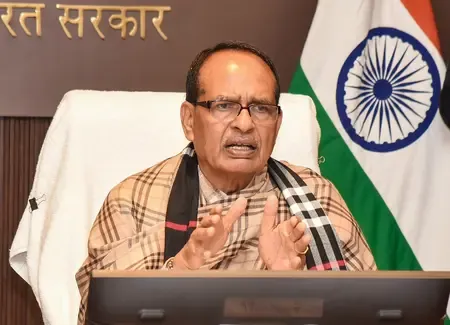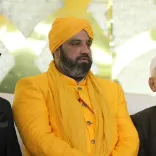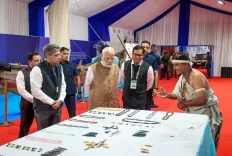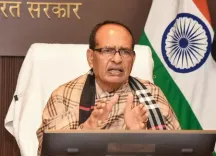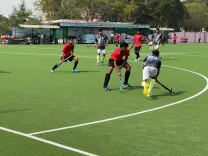Did the SC Dismiss the Challenge Against QR Code Directive for Eateries on Kanwar Yatra Route?
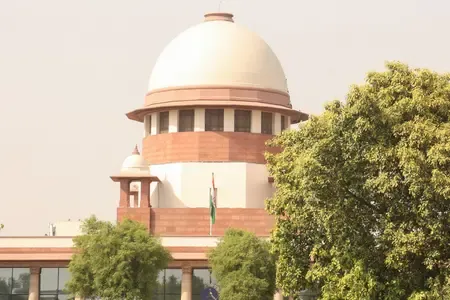
Synopsis
Key Takeaways
- The Supreme Court dismissed the plea against the QR code directive.
- The directive is aimed at ensuring compliance with food safety regulations.
- Concerns over privacy rights and discrimination were raised in the plea.
- The ruling follows a previous stay on similar directives from last year.
- The implementation of QR codes may impact food establishments along the pilgrimage route.
New Delhi, July 22 (NationPress) The Supreme Court on Tuesday chose not to review the legality of the directive requiring all food establishments along the Kanwar Yatra route in Uttar Pradesh and Uttarakhand to showcase a QR code that enables pilgrims to view ownership details.
A Bench comprising Justices M.M. Sundresh and N. Kotiswar Singh dismissed the plea submitted by academician Apoorvanand Jha and others, noting that the Kanwar Yatra pilgrimage concludes on Tuesday.
In its ruling, the Justice Sundresh-led Bench stated that all hotel operators will adhere to the requirement of displaying the license and registration certification as mandated by current laws.
The apex court clarified that it did not assess the merits of the plea arguing that the directive to exhibit QR codes infringes on privacy rights, and carries a discriminatory and stigmatizing impact.
During the proceedings, senior advocate Mukul Rohtagi, representing the Uttar Pradesh government, mentioned that these directions were issued under the Food Safety and Standards Regulations.
The plea brought before the apex court argued that the state action, which was neither sanctioned by law nor essential for a valid purpose, was entirely disproportionate, discriminatory, and had a stigmatizing effect.
It pointed out that such “discriminatory profiling” had previously been condemned by the highest court on the basis that personal identity display was not legally supported or necessary for maintaining public order or food safety compliance.
In July of the previous year, the Supreme Court had stayed the implementation of controversial directives from the Uttar Pradesh and Uttarakhand governments that required all eateries and dhabas along the Kanwar Yatra route to display the names of owners and employees.
While addressing petitions challenging the “nameplate” directives, a Bench led by Justices Hrishikesh Roy (now retired) commented that devotees should be provided food of their choice while maintaining hygiene standards.
According to the plea, despite the aforementioned order, Uttar Pradesh and other authorities are circumventing the apex court’s interim stay by reintroducing the same directive in the form of QR codes.
It referred to a press release from the Chief Minister's office dated June 25, which indicated “renewed administrative support for name displays” and explicitly called for “shopkeeper names to be visibly displayed” during the Yatra.



